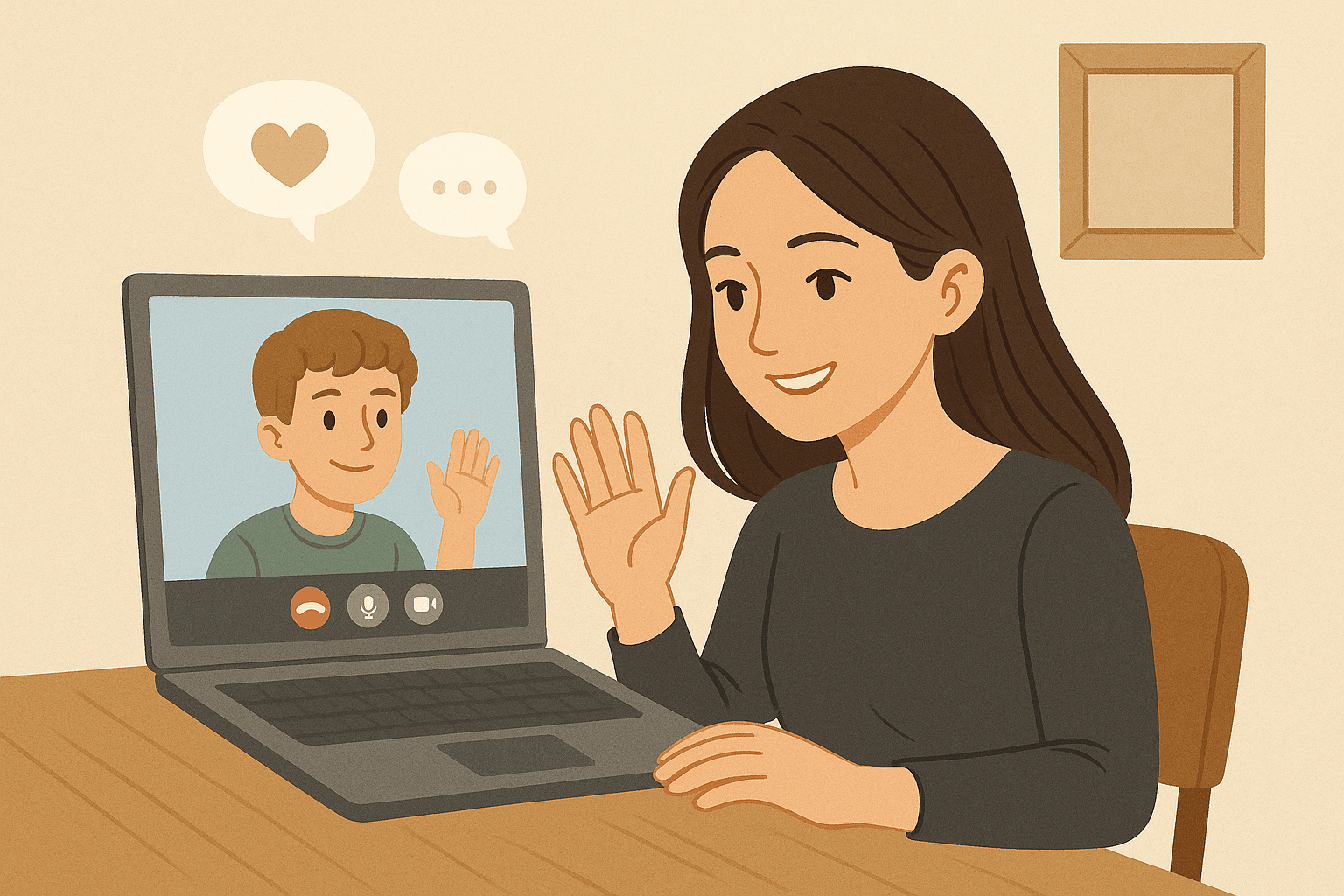Doxxing involves the public release of someone's private information without their consent, often with malicious intent. In this blog post, we'll explore what doxxing is, why it happens, its impact on victims, and how you can protect yourself.
What is Doxxing?
Doxxing, derived from the word "documents" (docs), refers to the practice of uncovering and publicly sharing an individual's private or personally identifiable information, such as:
- Full name
- Home address
- Phone numbers
- Email addresses
- Bank details
- Images
- Work details or sensitive records
The aim of doxxing is usually to harass, threaten, or embarrass the victim. It is a form of cyberbullying.
Why Do People Doxx Others?
Doxxing is usually carried out with malicious intent. Here are a few common motivations behind it:
- Revenge or Retaliation: A person might dox someone as a form of retaliation for perceived slights or wrongdoings, often in online disputes.
- Public Shaming: Some doxxers aim to embarrass or publicly humiliate their victims by exposing personal details.
- Political or Ideological Reasons: In today's polarized world, doxxing is sometimes used as a tool against individuals with opposing political views or stances on social issues.
- Trolling: Some people do it simply for amusement or to provoke emotional distress in others.
The Impact of Doxxing
For victims, the consequences of doxxing can be devastating:
- Privacy Violation: Personal safety becomes a significant concern, as home addresses and contact information can be used to stalk or threaten someone.
- Emotional Distress: The sense of exposure can lead to severe stress, anxiety, and a loss of control over one's life.
- Financial Risk: If sensitive information such as Social Security numbers or bank details are leaked, victims may become targets of identity theft.
How to Protect Yourself from Doxxing
Although no one can fully guarantee their information won’t be exposed, there are steps you can take to significantly reduce the risk of becoming a doxxing victim:
- Limit the Information You Share Online
- Be mindful of what personal information you post on social media and other public platforms. Even seemingly harmless details (such as the name of your hometown or your birthday) can be used to uncover more sensitive information.
- Use Strong, Unique Passwords
- Secure your accounts with complex, unique passwords for each service. Consider using a password manager to keep track of them.
- Enable Two-Factor Authentication
- For extra security, enable 2FA wherever possible. This adds a layer of protection even if your password is compromised.
- Use Privacy-Focused Tools
- Consider using services like VPNs (Virtual Private Networks) to mask your IP address and browsing activity. Also, review and tighten the privacy settings on social media platforms.
- Report and Block Doxxing Attempts
- If you notice attempts to gather or share your personal information online, report it immediately to the platform where it occurred. Most social media platforms have policies against doxxing.
What to Do If You’re Doxxed
If you become a victim of doxxing, swift action is crucial:
- Document the Incident: Take screenshots and collect evidence of any threats or posting of your personal information
- Contact the Polive: Doxxing can be illegal and authorities may be able to help protect you.
- Alert Social Media Platforms: Most platforms have policies against doxxing, so report the offending content and request its removal.
- Protect Your Personal Accounts: Change your passwords, activate 2FA, and review your account security settings.
- Seek Legal Help: Depending on the severity of the doxxing, you may want to consult with a lawyer about your rights.
Doxxing is a deeply invasive and dangerous form of cyberbullying, capable of ruining the lives of those targeted. As we spend more time in the digital space, it’s important to be vigilant and take proactive steps to safeguard our privacy. While the internet can be a powerful tool for connection and expression, it also requires that we exercise caution in how we share our personal information.
Ready to explore how assistive technology can help?
Our team of experts is here to provide personalised advice and solutions.
Contact us today for a friendly, no-obligation discussion about your needs.
Get in Touch


